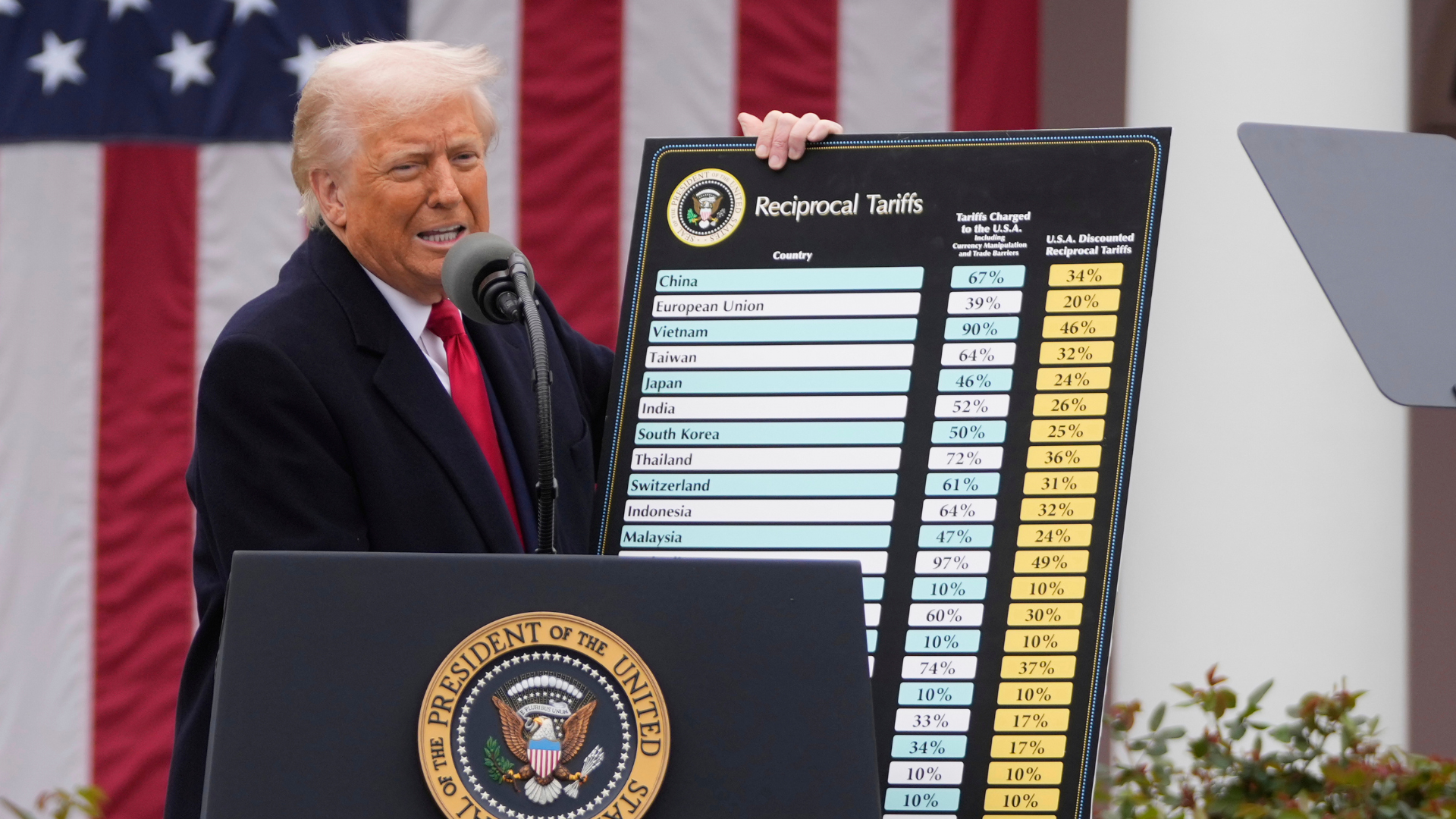As American consumers face higher prices, President Donald Trump is doubling down on tariffs. New consumer price index data released on Tuesday showed an inflation increase.
Trump says he will likely impose pharmaceutical duties at the end of the month and eventually could hike them to 200 percent. He also said he will impose a 19 percent tariff on Indonesian goods soon.
"We made a deal with Indonesia," Trump said. "I spoke to their really great president, very popular, very strong, smart, and we made the deal. We have full access to Indonesia, everything, as you know, Indonesia is very strong on copper, but we have full access to everything. We will pay no tariffs."
Trump downplayed the role tariffs had on rising inflation.
RELATED STORY | Annual inflation rate increases as economists warn of impact of Trump's tariffs
"There was very little inflation, as you know, the numbers were very good, very much inside the margin, so we've had no inflation. All we have is we're making a fortune. We are taking in hundreds of billions of dollars," Trump said, noting the federal revenue that comes with import taxes.
Tariffs are an import tax imposed on companies when products cross international borders. Some economists believe companies will tend to pass the cost of tariffs on to consumers.
Currently, there are 10 percent tariffs on almost all goods being imported into the U.S. There is also a 50 percent import tax on steel and aluminum products.
Trump is also set to implement reciprocal tariffs on numerous countries starting Aug. 1, including Mexico, Canada, Japan, Brazil, South Korea and the European Union.
RELATED STORY | Trade tensions escalate: Trump announces 30% tariffs on Mexico and EU imports
According to new data released on Tuesday, the consumer price index rose 2.7 percent in the 12-month period ending in June. The inflation rate is 0.3 percentage points higher than May's rate of 2.4 percent. The 12-month consumer price index was 2.3 percent in April, which marked the lowest year-over-year inflation rate since 2021.
Over the last decade, prices have generally increased at a rate of 3.5 percent per year. Over the last 20 years, consumer inflation has typically risen by 3.3 percent annually. The Federal Reserve, however, has aimed to keep annual inflation at approximately 2 percent.



